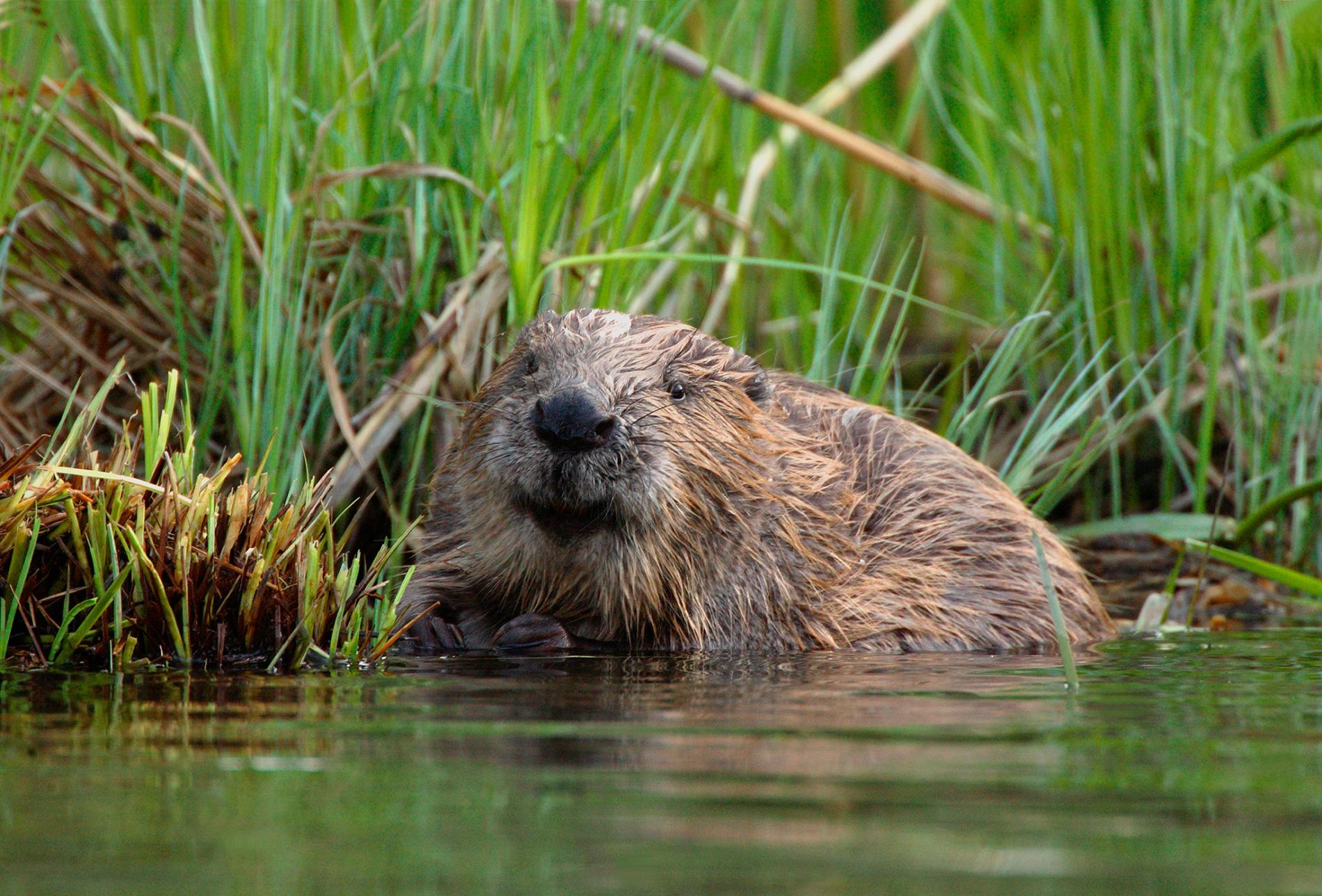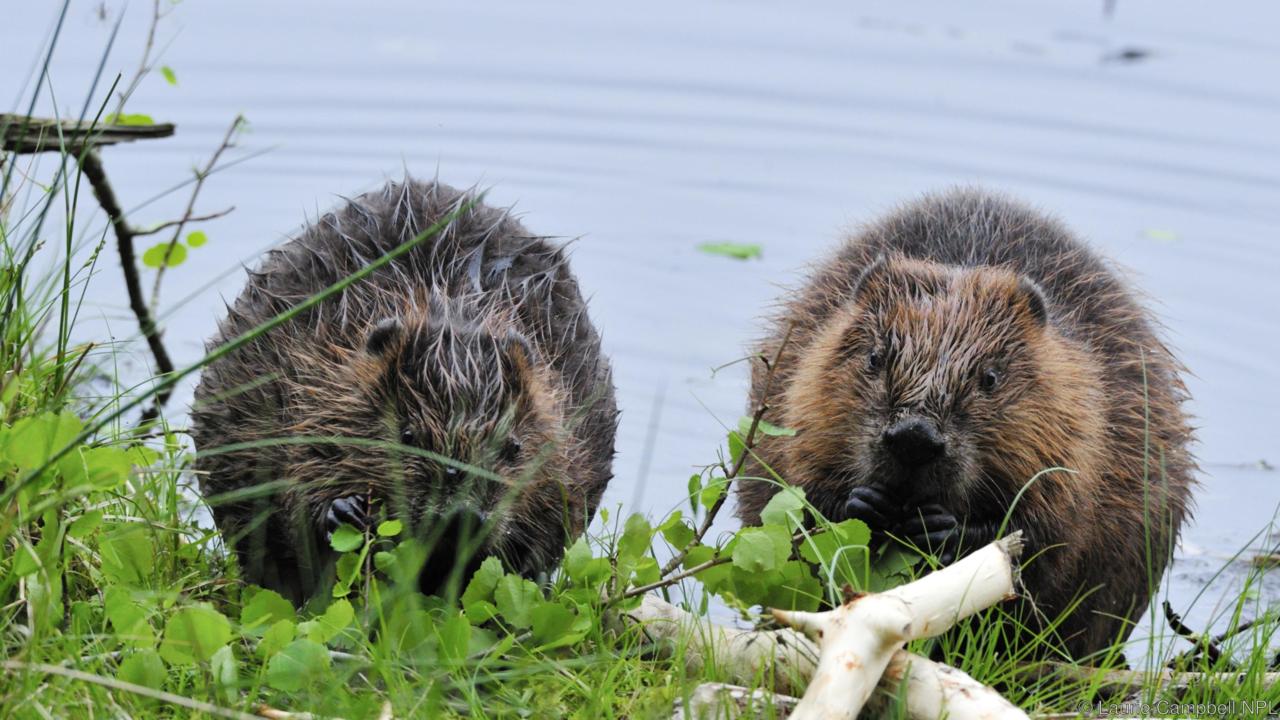The Forestry Commission’s Kevin Stannard said: “Today’s release of beavers is a momentous occasion for the Forest of Dean. We are looking forward to seeing the ecological and hydrological benefits the beavers will bring to the Greathough Brook.”
Beavers are described as “keystone species” – due to their role in wetland ecology and the creation of ecosystems providing habitats for other species.
“Few other animals, aside from humans, have the ability to so drastically modify and shape their surrounding environment. For this reason beavers are often referred to as ‘ecosystem engineers’,” a spokesman for the Department for Environment, Food and Rural Affairs (Defra) said.
Previous studies in the US have shown that 75 times as many waterbirds live in watercourses inhabited by beavers, than in those without the animals, while the total abundance of creatures living in beaver-created ponds may be between two and five times greater by weight.
In the UK, hydrologists from the University of Exeter have undertaken research into the impacts of beaver reintroduction at a number of sites.
Professor Richard Brazier, a hydrologist from the University of Exeter said: “We have monitored the hydrology of the Greathough Brook for over a year now and shown quite clearly that the brook contributes to the flooding problems experienced in the village of Lydbrook.
“We now have a unique opportunity to study the impacts of beaver dams on the flood flows from this flashy and flood prone landscape. The study will be a valuable and important opportunity to quantify the benefits that beaver dams might deliver and therefore contribute to natural flood management in an upland, wooded catchment.”
Rebecca Wilson, the head of planning and environment for the Forestry Commission in west England, said: “Beavers are natural habitat engineers, restoring complex wetland habitats and providing habitat for declining species whilst slowing the flow of water downstream. We are delighted to welcome beavers to the Forest of Dean and are keen to observe the many benefits they will bring to both local communities and the wider Forest of Dean environment.”













Comment